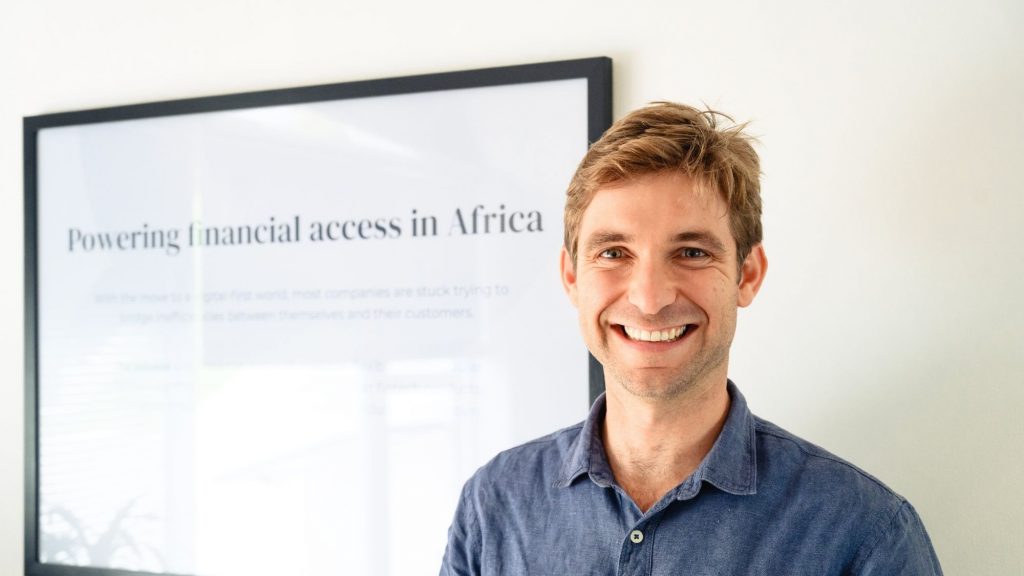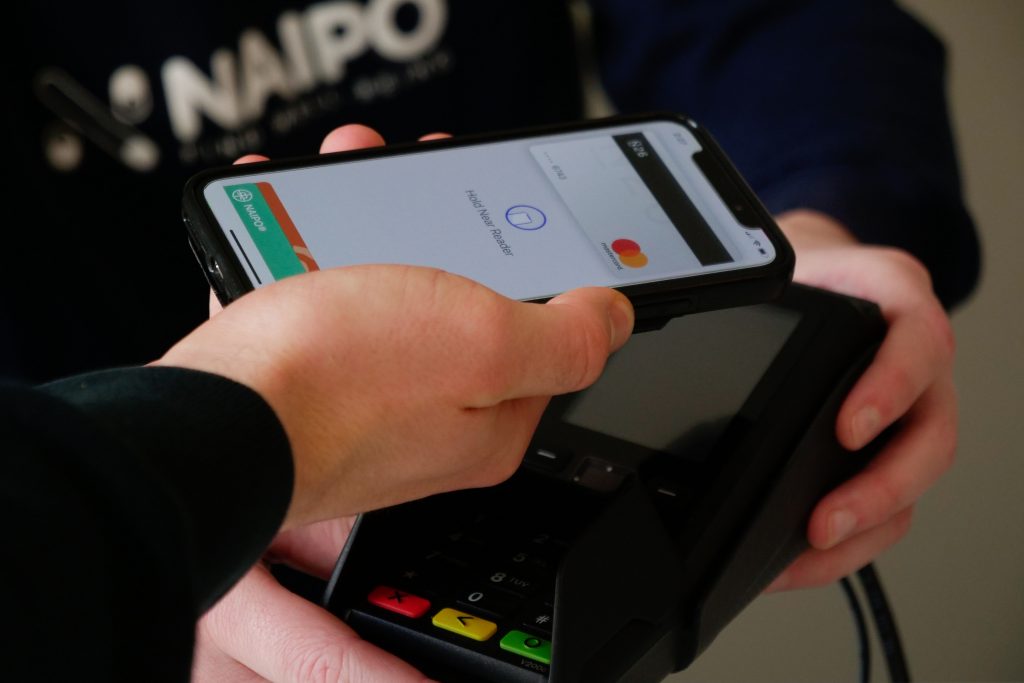We all have them. Those apps we open without thinking. Not because we need anything in particular, but because they feel… safe, in some…
Fintech boom: African start-ups going from zero to hero

At the end of 2021, Africa saw close to $5 billion invested in tech start-ups. Fintech, especially, has seen one of the largest expansions with $2 billion of that investment geared towards the industry. There is not only an abundance of new start-ups, but a keen interest from foreign venture capitalists, large corporates and banks. So, why now more than ever is Africa being put on the map? Finch Technologies co-founder Michael Bowren explains.
The continent has recently proven itself as a hotspot for economic growth with better infrastructure and internet access. The driving force is the need for financial inclusion, with fintech start-ups leading the charge by creating products that are more affordable and user-centric than ever before.
Merchant Capital co-founder and chief relationship officer Ryan Cohen says, “With only a third of the continent having bank accounts, fintechs give people access to financial services using smart devices. SMEs can access alternative funding through tech enablement to grow their businesses. This inclusion is lucrative for investors keen to do business in Africa. The infrastructure already exists, and the demand, ambition and talent are significant.”
The attraction for foreign investors is that there is such a low proportion of Africa’s population with a suite of financial products and an increasing focus on access. There is an ever-growing spread of mobile phone access and internet and a gap in the market for fintech start-ups to bridge.

The rise of the superapp
Meanwhile, the continent is seeing a dramatic increase in so-called new superapps. WeChat is a notable example of a Chinese superapp. It’s not only a communication platform but a one-stop portal for instant messaging, social media, mobile payment and e-commerce. Integrated platforms allow companies to connect their clients to services they already need without having to use another platform.
The idea with a superapp is that collaboration with other providers and centralisation of services are both integral components. African mobile network providers such as MTN and Vodacom have seen the value of creating platforms with add-on services, one of them being embedded finance.
The development of superapps will only continue to grow, especially with low-end smartphones being more readily available throughout the continent. According to GSMA, 615 million people in Sub-Saharan Africa alone will subscribe to mobile services by 2025, equivalent to 50% of the region’s population.
Africa has seen investment injections into the payments and remittance ($524 million) and funding ($130 million) sectors. This paired with an increase of mobile subscribers are a sure indicator of a rise of the superapp.
Lara du Plessis, head of partnerships at FundingHub, says, “FundingHub is a great example of how embedded finance technology can be leveraged by non-financial organisations focused on superapp roll-outs to empower SMEs. The tech ultimately does this by making business finance more accessible in the market.”

Digitising manual infrastructures
However, 57% of the African population remains unbanked with inaccessibility to financial products, non-mobile-friendly financial services, and a difficult manual process being among the main reasons thereof. The manual process accounts for a 40% drop off in potential clients, mainly because the digital onboarding process is too difficult.
Digitising these once manual infrastructures is a much-needed step if Africa wants to continue its economic prosperity and goal of financial inclusion.
“One of the hurdles that Africa has had to leap over is the cost of providing financial services,” believes Christopher Ball, co-founder of Gathr at Finch Technologies, a Cape Town-based start-up.
“KYC requirements and risk underwriting have often been tasks outsourced to compliance and underwriting teams. However, technologies like our Gathr solution are now able to facilitate these processes in a matter of seconds, while also reducing human errors.”
Digitising a traditional process like verification of transactions, proof of address or identification using a fintech product can help a company gain significantly more value. If this trend remains a priority for African businesses, they will be able to mitigate the risk of communication errors. This type of solution on the continent is paramount, the need for a customer to go into a store should be completely eliminated.
In a South African context, Capitec has seen the value in enabling remote account opening, in turn improving customer experience, reducing fraud, and reducing costs involved in compliance and onboarding. In West Africa, Nigerian fintech start-up VerifyMe, has created a product that can assist the country in reducing the 60 million unbanked citizens and assisting the other 45 million in verifying their online identities.
Customer-centric products
Large corporate and financial institutions have created incubators within their companies, the goal here being to accelerate efficiencies. Banks like Nedbank, FNB and Standard Bank have created these incubator programmes, where teams are able to develop cutting edge ideas with consumers and business owners in mind.
On the other hand, fintech start-ups have very little red tape and are willing to take bigger risks. Snapscan provides the perfect example, Firepay was created in 2013 with the intention of creating a new mobile payments technology that would become part of South Africans’ daily lives.
In 2014, Standard Bank saw the urgency for such a product to be launched in the country, and together they developed SnapScan which allowed customers to pay for goods and services using only their mobile phones.
Similarly, marketplace platforms available in Africa, are shaped completely around the customer’s needs. These platforms allow both consumers and businesses who want to integrate with their platforms, access to a myriad of services or solutions in one location.
According to Trent Payton, responsible for technical solutions in Africa at Zoho, there is a large movement towards being platform agnostic – users are increasingly wanting a single unified interface to seamlessly manage their business applications.
“Likewise, tech companies with large subscriber networks are constantly seeking ways to create customer stickiness and are increasingly pushing to bolster their value propositions. Zoho provides a great example of this, where third party developers are encouraged to integrate their technology into the stack and list their offerings in the marketplace with no commercial strings attached,” says Payton.
The growing number of superapps provides a glimpse into the future of fintech. Powerhouses like Vodacom have thought about consumers every step of the way. Vodapay offers consumers all the services they may need under one digital roof. Finch Technologies assisted Vodapay in developing Vodalend Compare which allows consumers to apply for a loan with instant quotes.
Africa has seen rapid growth in 2022, but it’s only just scratched the surface of what is still to come. Financial inclusion provides the ideal motivation for these start-ups, but in addition to that, they can look forward to an influx of local and foreign investment, and collaboration with large corporate and financial institutions.
ALSO READ: Move over tech bros: Women entrepreneurs join Africa’s fintech boom

